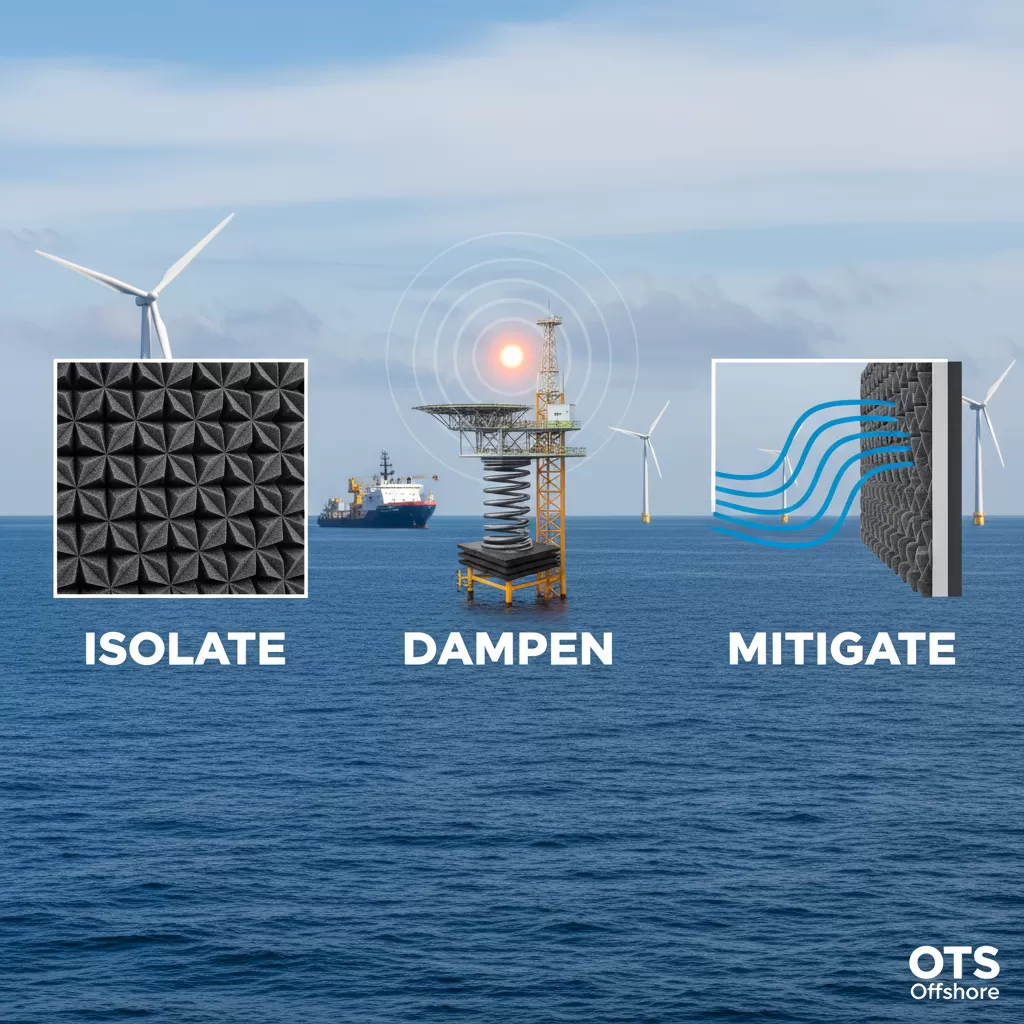**Rising Taxes on UK North Sea Oil and Gas Profits: Challenges and Consequences for the Industry**

The recent decision by Britain’s Chancellor Rachel Reeves to increase the Energy Profits Levy (EPL) on North Sea oil and gas producers to 38% has sent shockwaves through the industry. This hike, part of the Labour government’s broader strategy to reduce carbon emissions and enhance energy security, is poised to significantly impact the economic viability of offshore operations in the region.
### Historical Context
The UK has witnessed a dramatic increase in tax rates for oil and gas producers over the past three years. Initially set at 40%, the EPL has now reached 38%, significantly curtailing operating margins for companies. This steady rise in taxation has already prompted several energy companies to reassess their investment strategies and even explore relocation to more tax-friendly destinations, such as Norway[4].
### Industry Response
The offshore sector, already under substantial strain due to the rising taxation, is now faced with heightened uncertainty. Companies like Serica Energy, which accounts for approximately 600,000 barrels of oil per day and 5% of gas supply in the UK, are seriously considering moving their operations to Norway. The UK’s attractiveness as a drilling destination has been waning, with many companies scaling back investments or preparing exit plans due to the stringent tax regime[4].
### Economic Implications
The economic implications of these tax hikes are multifaceted. Firstly, the increased tax burden will likely deter further investments in new offshore oil and gas fields. Research from the University of Aberdeen suggests that the EPL could have a disproportionately negative impact on investment, potentially leading to reduced production capacities and eventual job losses[5]. Secondly, the exodus of companies from the UK could lead to a Skills Gap, as experienced professionals leave the sector in search of more favorable environments.
### Alternative Strategic Locations
Companies exploring alternative strategic locations like Norway are drawn by its favorable business climate, well-developed infrastructure, and lower tax rates. Norway’s extensive offshore energy experience, coupled with its robust network of suppliers, makes it an attractive option for those seeking to maintain operational efficiency while minimizing additional costs[4]. Additionally, Norway’s double tax treaties with multiple countries offer further opportunities for global expansion.
### Government’s Decarbonization Agenda
The UK government’s decarbonization agenda, while commendable, seems to be relying heavily on taxation to drive policy. However, this approach may inadvertently harm the very sector required to meet the country








